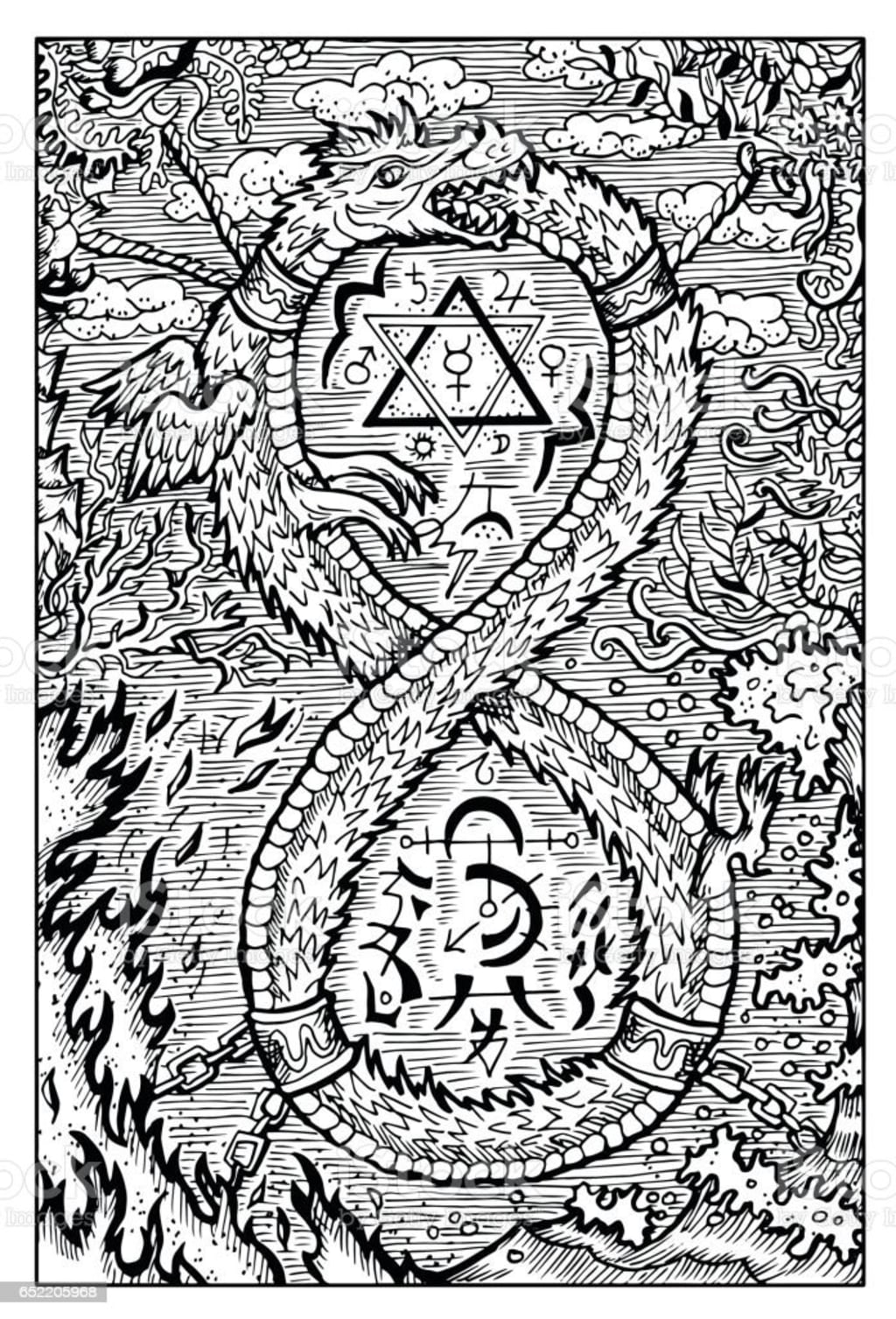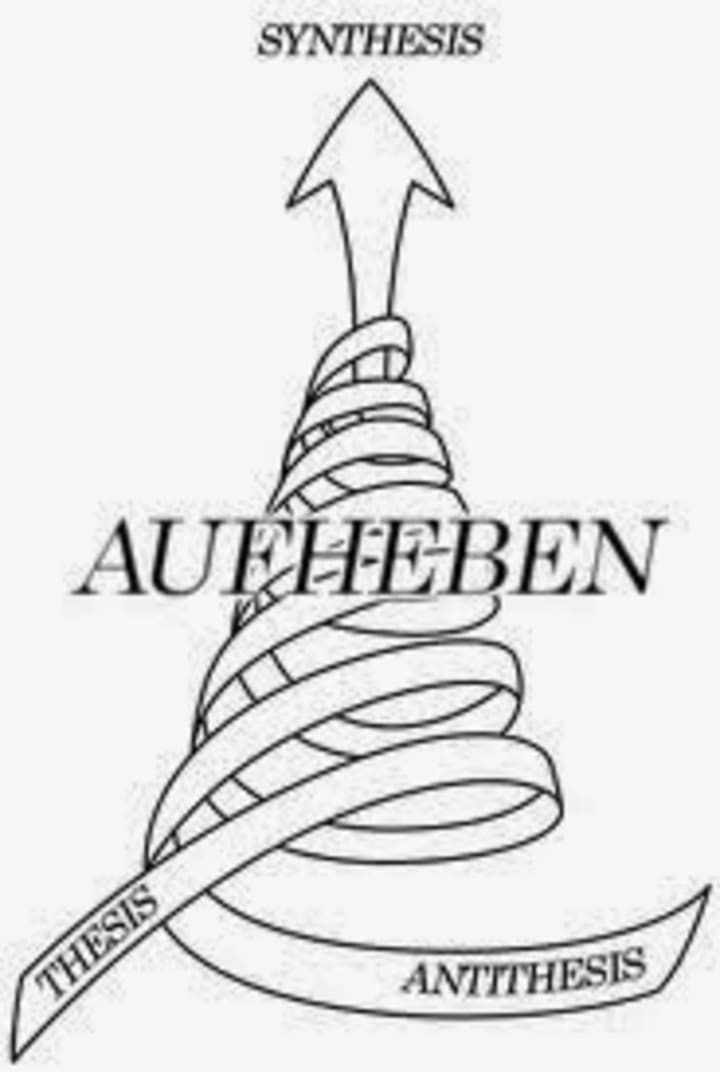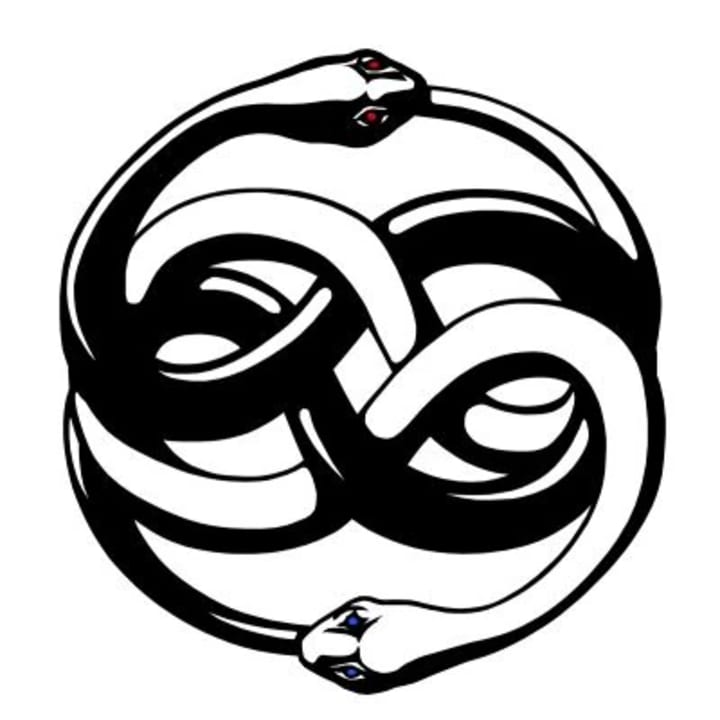Time may not exist
A transcendental look beyond

Time may not exist. Or be, otherwise speaking, a mere measure of space- consequence of our logical presupposition, as inevitable and intuitive, to name an entity in the sphere of reality and make it exist.
Categorizing, outlining, shaping. Bring to light, through a selection process, a fragment of the existing, extrapolating it from the range of infinite plausible possibilities of manifestation, and giving it its specific function in the field of possibilities. Thus we create what we call real.
In the concept of space, given by the creation and destruction of quanta, a terminus a quo given by the existence of the quanta themselves is recognizable: they are space. From it derives the dialectic and consequent affirmation-negation of the proposition, which, from the foundation act of non-Euclidean geometry and of the Hegelian dialectic, keeps its initial truth unaltered regardless of its elevation.
In the higher degree of development of a point A -terminus a quo- a semantic transposition takes place tending to the negation of A and, at the same time, to its affirmation.

From both logics, traditional from which truth/untruth is presupposed, and Hegelian or non-Euclidean from which the simultaneity of contradictory truths derives, space has its ontic value.
The self-awareness of the transcendental subject derives from this lifting -Aufheben-.
But time has no a priori from which to derive itself, as it lacks the thing-in-itself, such that it appears to be merely a posteriori way of counting or defining the shape of space given by the interaction between quanta.
Time has no ontic value that can transcend itself and remain unchanged and immanent in its truth: it has no other dimension that is not contingent on the extension of its abscissa or primordial spark. The absolutization of the unreal in contemporary theories of quantum derivation does not solve this problem of lack of principle. The relativization of space-time proposed by the traditional cosmological system does not automatically imply the existence of a factor common to the Real denominator.
Time appears to exist and acquires value when it is the child of emotion and of the entirely human way of relating to the world. The canonical tripartition in the subdivision of the timeline that rhythmically marks the developments of our humble existence is ephemeral if considered in relation to world time. It is insufficient, if not deviant from the truth, when compared to the universe. The space takes on multiple appearances, but retains the fire. On the contrary, time seems to erupt its magma disproportionately from the minds of those who cannot fly over the principle of causality that moves their steps in the world.
As if there were coordinates, segments divided in time and space which in order to be accessed under certain conditions. Spatial, precisely, and temporal. Based on this, then, I have always existed and always will exist. But if I already existed, why can't I remember that, in a not too distant time, what I will become?
Here is the key to understanding life. Leaving the purely spatial dimension to embrace the other dimensions. If we understood the nature of change, we would be sovereigns of our lives. Perhaps we would see God, where time is no longer something we passively submit to, but the matrix, the true origin, of all our creations: we would have found meaning.

Our measure of space is bound to superficial and non-universal visions when unable to reproduce the breath of time and, consequently, to be free. The creation to which we try - through procreation to re-join us - is the immanent Ruah, that yearning for the infinite which makes us aware of having a place in existence and consequently forms the thing in itself, a primordial Angst which it gives the measure of our finiteness, perhaps this is the Word we call time.
The freedom of the transcendental subject.
Thanks for reading, feel free to contact me for what you need. [email protected]
About the Creator
Ludovica Iorio
I'm an expert in writing, linguistics, humanities, and scientific research. I graduated from the University of Rome Tor Vergata in Science of Cultural Heritage 110/110 CUM LAUDE and published an experimental thesis in Philosophy.





Comments
There are no comments for this story
Be the first to respond and start the conversation.